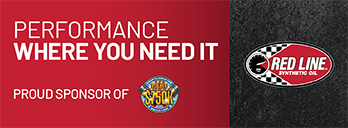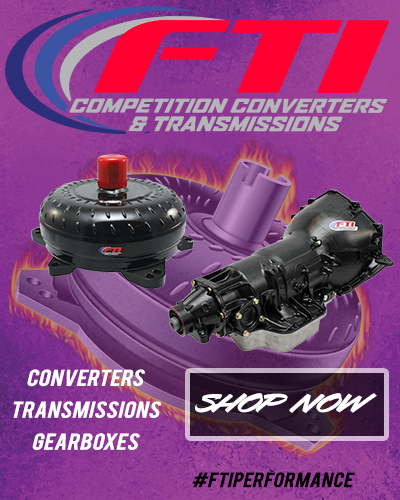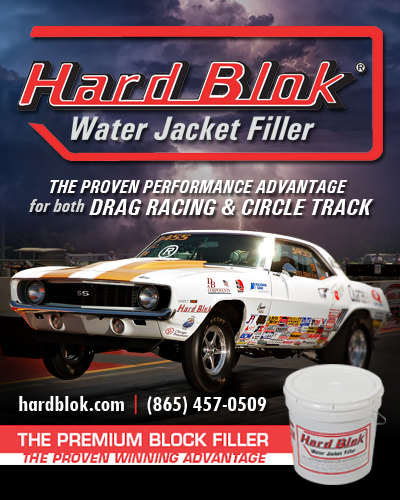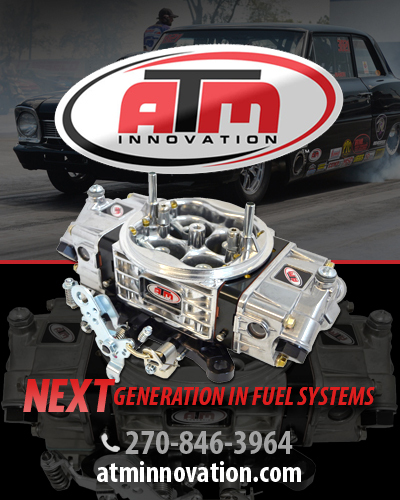GLIDDEN REMEMBERS ’79 BAILOUT
 Ten-time
NHRA Pro Stock champion Bob Glidden vividly remembers the last time
Congress bailed out an American auto manufacturer. The year was 1979.
Ten-time
NHRA Pro Stock champion Bob Glidden vividly remembers the last time
Congress bailed out an American auto manufacturer. The year was 1979.Just days after beating Bill Jenkins for the 25th anniversary NHRA U.S. Nationals title in Indianapolis, the Chrysler Corporation petitioned the U.S. Government for $1.5 billion in loan guarantees to avoid bankruptcy.
Glidden was headed into the second season of a three year contract with Plymouth when he was notified his contract was cancelled.
Ten-time Pro Stock Champion Was Adversely Affected in 1979 Chrysler Bailout …
 Ten-time NHRA Pro Stock champion Bob Glidden vividly remembers the last time Congress bailed out an American auto manufacturer. The year was 1979.
Ten-time NHRA Pro Stock champion Bob Glidden vividly remembers the last time Congress bailed out an American auto manufacturer. The year was 1979.
Just days after beating Bill Jenkins for the 25th anniversary NHRA U.S. Nationals title in Indianapolis, the Chrysler Corporation petitioned the U.S. Government for $1.5 billion in loan guarantees to avoid bankruptcy.
Glidden was headed into the second season of a three year contract with Plymouth when he was notified his contract was cancelled.
“They just called me and said I was done,” Glidden said. “You don’t have any real options other than to just deal with it. I had a lot of engines and parts and some cars, and I just sold it all as a package deal real cheap.”
Glidden had more than delivered on his marketing program for Chrysler by qualifying on the pole at all ten events in 1979. He won seven of those ten events and led the points standings from Pomona’s Winternationals to Ontario’s World Finals. Furthermore, Glidden achieved this kind of a season after switching manufacturers. Glidden has come to Chrysler from Ford.
Why had Glidden made the switch?
Quite simply money talked. Chrysler offered and he took it.
“It was pretty obvious at the end of the 1978 season that Ford was going to be factored,” Glidden told Super Stock & Drag Illustrated in a February 1980 interview. “That would have affected me financially. Talk was the NHRA was going to change cubic inch requirements rather than making weight breaks any further. When they change weight breaks, it’s just like walking in and taking buckets of money. It also becomes harder to win races.” - RELATED STORY - Pounds Per Cubic Inch Headache
 Glidden ran the 355-inch powered Plymouth Arrow until March of 1980. With the Chrysler money gone he returned to running his Ford Fairmont.
Glidden ran the 355-inch powered Plymouth Arrow until March of 1980. With the Chrysler money gone he returned to running his Ford Fairmont.
Today's request for a bailout by all three manufacturers could have a direct affect on more than just one driver. Currently there are at least seven teams carrying noted major factory backing from all three major manufacturers.
Ford brings to the table the nitro teams of John Force Racing and Bob Tasca.
Warren Johnson and son Kurt carry major factory branded backing from GM. There is still no official word as to their status for 2009.
Mopar has scaled back to the lone Pro Stock team of Allen Johnson. Prior to the end of the season, they ended their sponsorship of Don Schumacher’s nitro Funny Car driven by Gary Scelzi.
Later this week, the Detroit manufacturers are scheduled to meet with congress for a second time to discuss a financial lifeline.
In the meantime the bloodletting has already begun.
Speculation has begun that at least four of the General Motors brands may become expendable. Noted racing supporter Pontiac headlines the list of reportedly doomed brands.
Glidden, an avid golfer in his retirement, couldn’t help but notice the recent release of Tiger Woods as an endorser of their Buick product line.
That move convinces Glidden many racers are lined up for the same fate that befell him in 1979.
“I can’t imagine that they would continue any race car sponsorships.”




































